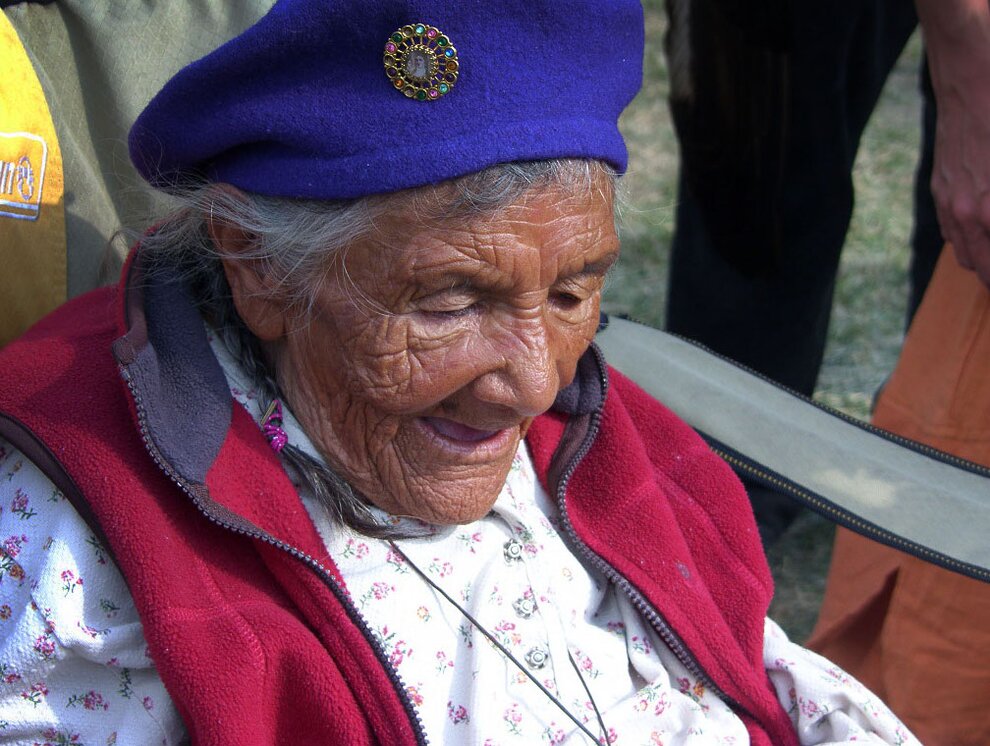Conflict over Land and Resources in India’s Adivasi (Tribal) Heartland
Conference
Friday
27
July
2018
10:30 am
12:30 pm

Published at 27 July 2018





